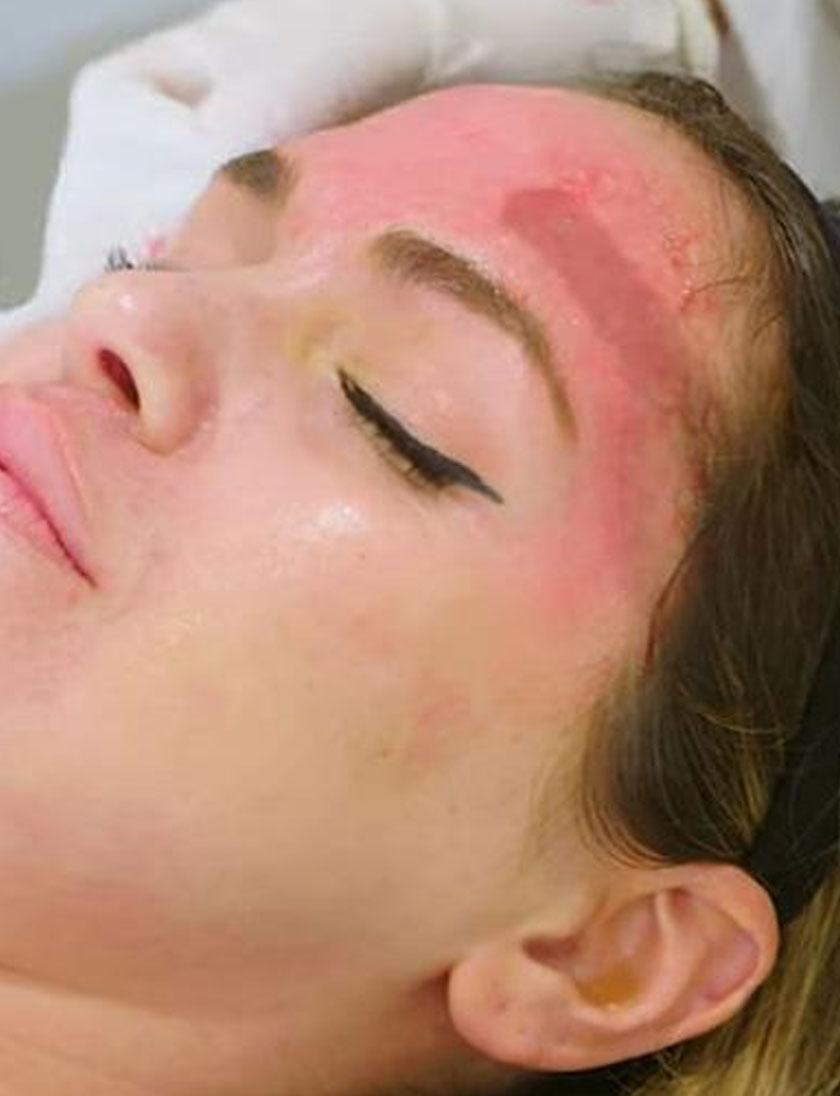Skin Cancers
Skin cancers are types of cancer that occur when cells in the skin grow abnormally. Sun exposure, genetic factors, aging and some skin diseases may be risk factors for skin cancer. In this blog post, I will give information about the types, symptoms, risk factors and treatment options of skin cancer.
1. Basal Cell Cancer:
Basal cell cancer arises from the basal cells, the outermost layer of the skin. Sun exposure and UV rays are the most important risk factors in the development of this type of cancer. Basal cell cancer usually grows slowly and has a low risk of spreading. Symptoms may include a sore, crusty lesion, bleeding nodule, or a wound that is slow to heal. Treatment usually involves surgical removal, cryotherapy, or topical medication application.
2. Squamous Cell Cancer:
Squamous cell cancer arises from squamous cells located in the upper layer of the skin. Sun exposure, burns, radiation or chemicals may be risk factors for the development of this type of cancer. Squamous cell cancer can grow faster than basal cell cancer and has a higher risk of spreading. Symptoms may include crusty lesions, sores, and red or brown raised areas. Treatment may include surgical removal, radiotherapy, or topical medication application.
3. Melanoma:
Melanoma is a type of skin cancer that arises from cells called melanocytes. Sun exposure, a family history of melanoma, moles on the skin, or atypical moles may increase the risk of melanoma. Melanoma is a type of cancer that can spread faster than other skin cancers and cause serious consequences. Symptoms include a new mole or an existing mole changing size, shape or color, itching, bleeding or crusting. Treatment may include methods such as surgical removal, lymph node dissection, immunotherapy, or targeted therapy.
Prevention:
- Sun protection: It is important to take precautions such as using sunscreen and wearing a hat and protective clothing.
- Regular skin examinations: Self-skin examinations and regular dermatologist check-ups are important for early diagnosis.
- Monitoring moles: It is important to follow the changes in moles and show abnormal moles to the dermatologist.
Basal cell cancer, squamous cell cancer, and melanoma are the most common types of skin cancer. If you suspect such a condition or want to have it checked, I recommend you consult a dermatologist.
Skin cancer is a serious health problem, so it is important for everyone to be aware of it and take precautions. We can detect skin cancers early and treat them effectively with sun protection, regular skin examinations and dermatologist check-ups. Remember, sun protection habits and paying attention to skin health are considered the most effective way to prevent skin cancers.


 Whatsapp
Whatsapp